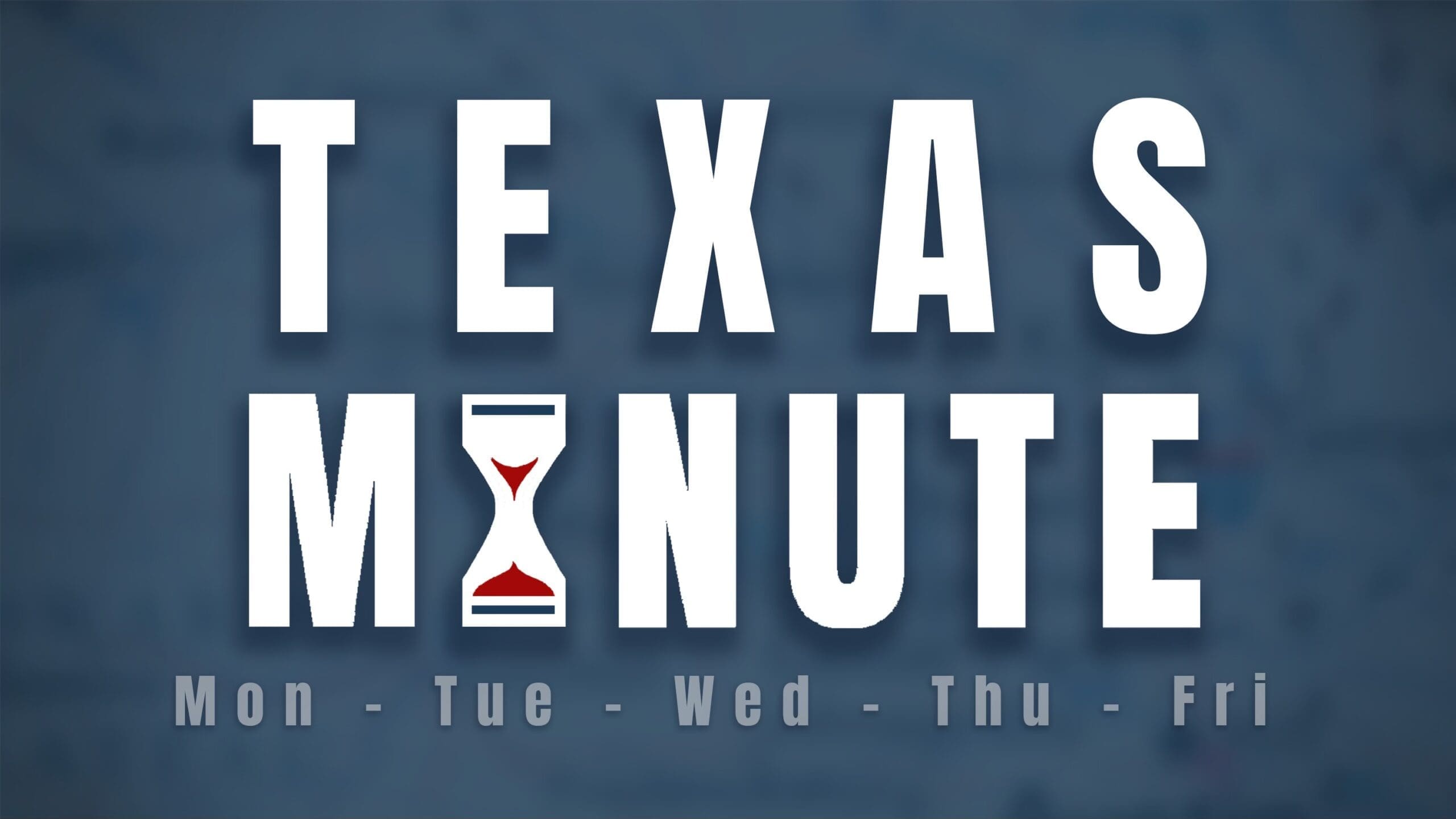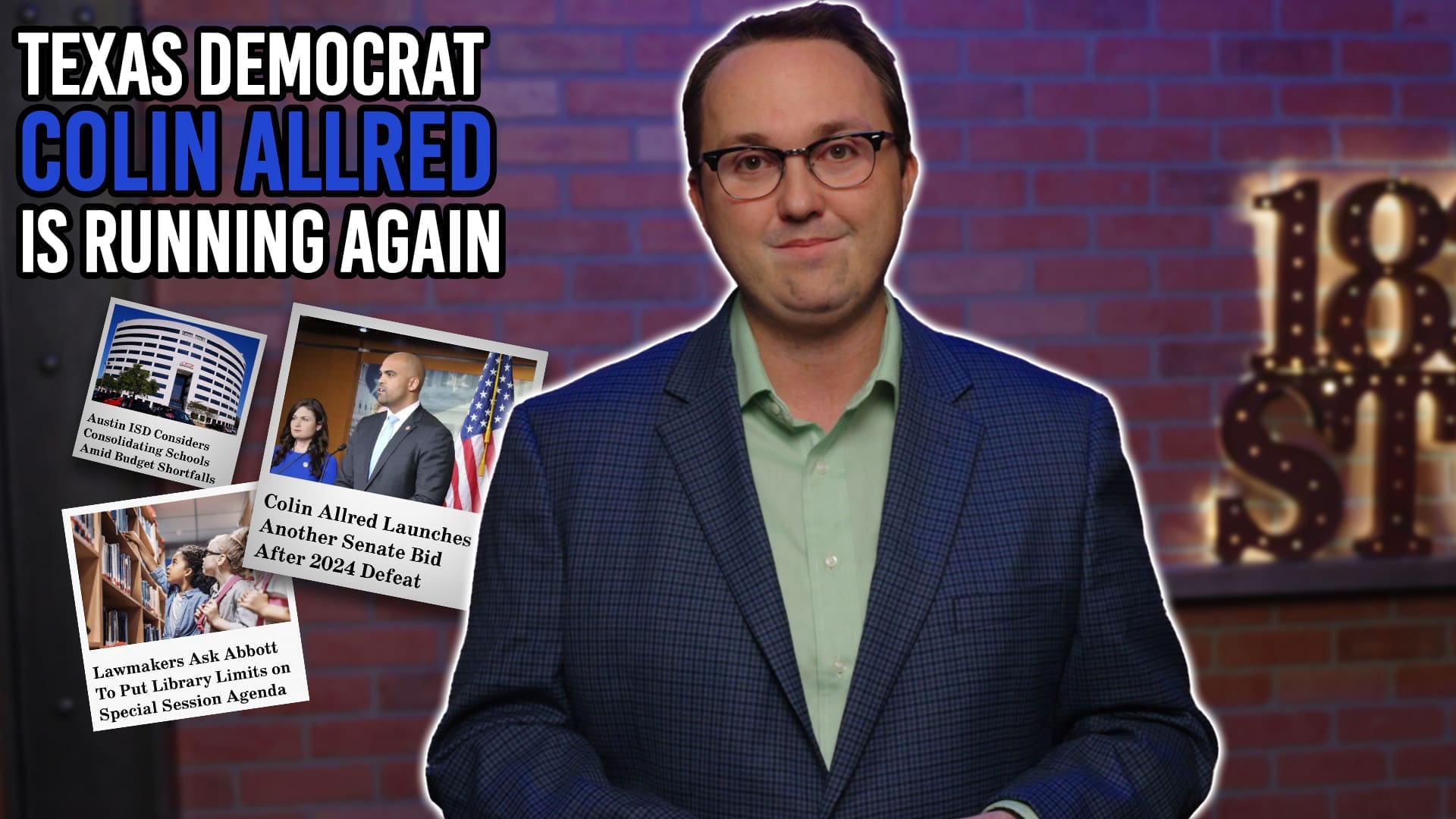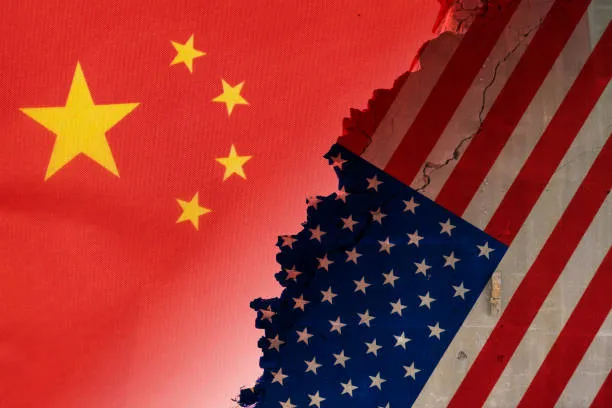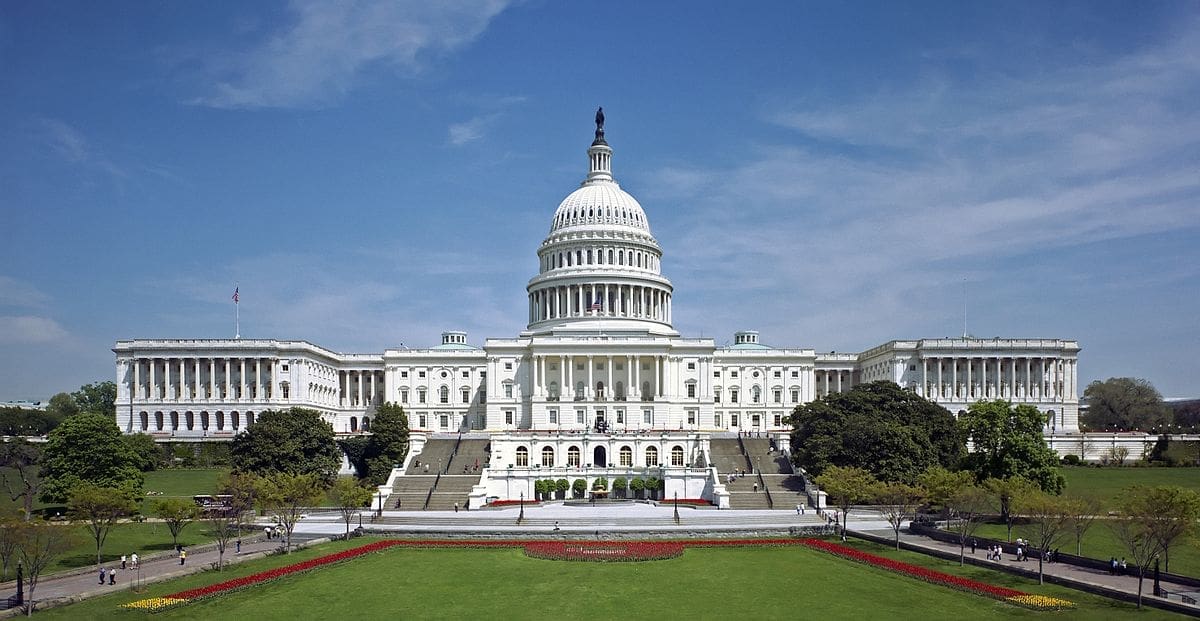This morning saw the latest chapter of the prosecution against Texas Attorney General Ken Paxton, with oral arguments taking place before the 5th Court of Appeals in Dallas. At the hearing, Paxton’s attorneys sought to dismiss several of the charges brought against him by what they argue was a contrived grand jury in Collin County.
In assembling the grand jury that ultimately indicted the Attorney General, district judge Chris Oldner randomly selected a pool of jurors by driver’s licenses. Once the individuals arrived, Oldner then removed those that were disqualified from serving and asked the pool of remaining jurors to raise their hand if they would volunteer to serve.
Paxton’s attorneys argued before the court of appeals that permitting potential jurors to self-select themselves taints what is required to be a pure random selection of the population. Logically the argument makes sense—individuals with young children, demanding occupations, or little free-time would be inclined to opt-out of the proceedings, while retired persons, wealthy persons, and other demographics may be more favorably inclined to participate.
Concerns over bias in grand juries led the Texas Legislature to reform the grand jury selection system in 2015 to ensure the selection of jurors was fair and random.
The prosecution, led by Houston attorney Brian Wice, argued that while the law was broken, compliance was not necessary. He cited legal precedent in Ex Parte Becker (1970), which states, “statutes relating to the organization of grand juries are directory and not mandatory.”
However, Justice Fillmore questioned Wice and argued that his characterization of Becker was deceptive given the context the quote originates from:
“Although it has been said that the statutes relating to the organization of grand juries are directory and not mandatory, Ex parte Traxler… district courts are required to follow the means and methods provided by the Legislature in the selection of grand juries. Terrell v. State….”
Rather than reinforce the prosecution, Wice’s citation appeared to undermine the indictments, as evidenced by the next and final sentence:
“An arbitrary disregard of those statutes in the selection and organization of a grand jury vitiates and renders such grand jury without authority.”
Discussion also centered on whether the Texas law Paxton allegedly violated was even valid or if it had been pre-empted by federal laws regulating investment advisors.
A notorious attention seeker, at the close of the oral argument, Wice showboated for the media outside the courtroom, reveling in the limelight. The tax-funded special prosecutor went so far as to offer to buy a cocktail for the first journalist who sent him a photo of his presentation.
Meanwhile, Paxton’s legal team took a more serious tone.
“I think the hearing went very well for us,” said Paxton after the proceedings. “I’m confident in our legal process and I’m confident in the people of Texas. My legal team has done an excellent job of exposing the flaws in the case brought by the special prosecutors. The charges brought against me are false and I will prevail against them.”





